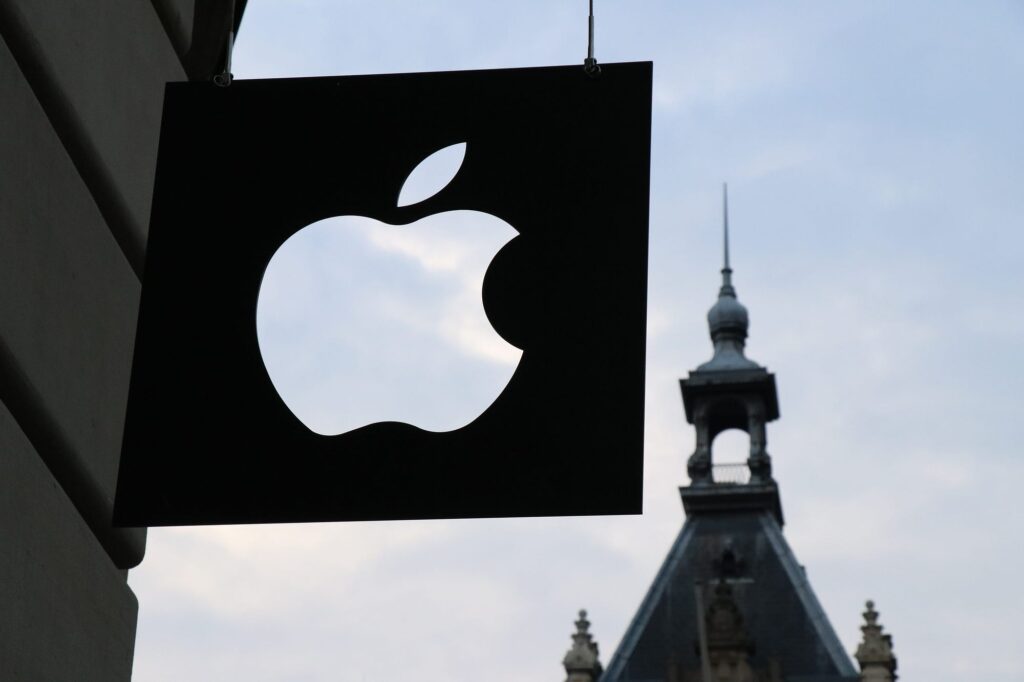
Apple is facing criticism for introducing new transaction fees, potentially raising expenses for app lovers. This follows a recent US court order instructing Apple to change its rules around the infamous ‘Apple tax’. A hefty 30 percent charge on subscriptions and in-app purchases.
In a surprising move that goes against a recent court ruling. Apple is facing a wave of anger for introducing new transaction fees on in-app purchases. This decision, quietly shared through developer documentation updates, has angered app creators and users. It also raises questions about Apple’s commitment to fair competition and consumer choices.
The court directed Apple to allow app developers to offer alternative payment methods. However, recent revelations suggest Apple is finding ways to maintain its revenue. The new policy, though seemingly lower than Apple’s well-known “Apple tax” of 30%. They put a 27% commission on purchases outside the secure App Store.
Under the new policy, a 27 percent commission on purchases has been introduced. It raises concerns that users may pay more for subscriptions to popular apps like Audible and X.

It affects only App Store users in the United States, but there are worries that a similar fee structure could be implemented in the United Kingdom.
Calls for government intervention are growing, urging ministers to enact legislation through the tech watchdog Digital Markets Unit to prevent such fees from spreading in the UK.
Also See: Earth Has Received Message From 10 Million Miles Away
A vocal critic of Apple’s practices, Spotify has condemned the move. “The Digital Markets, Competition and Consumers Bill must stop this false posturing, essentially a recreation of Apple’s fees”. The music streaming giant and other industry players have long argued against what they see as Apple’s monopolistic control over the App Store.
It’s important to note that Apple’s ‘Apple tax’ doesn’t apply to free apps or those offering ‘tangible services,’ such as Deliveroo or Uber. Critics argue that such exemptions create an uneven playing field, hindering fair competition in the app market.

[…] Also See: Apple’s New Transaction Fees Make People Angry Now! […]